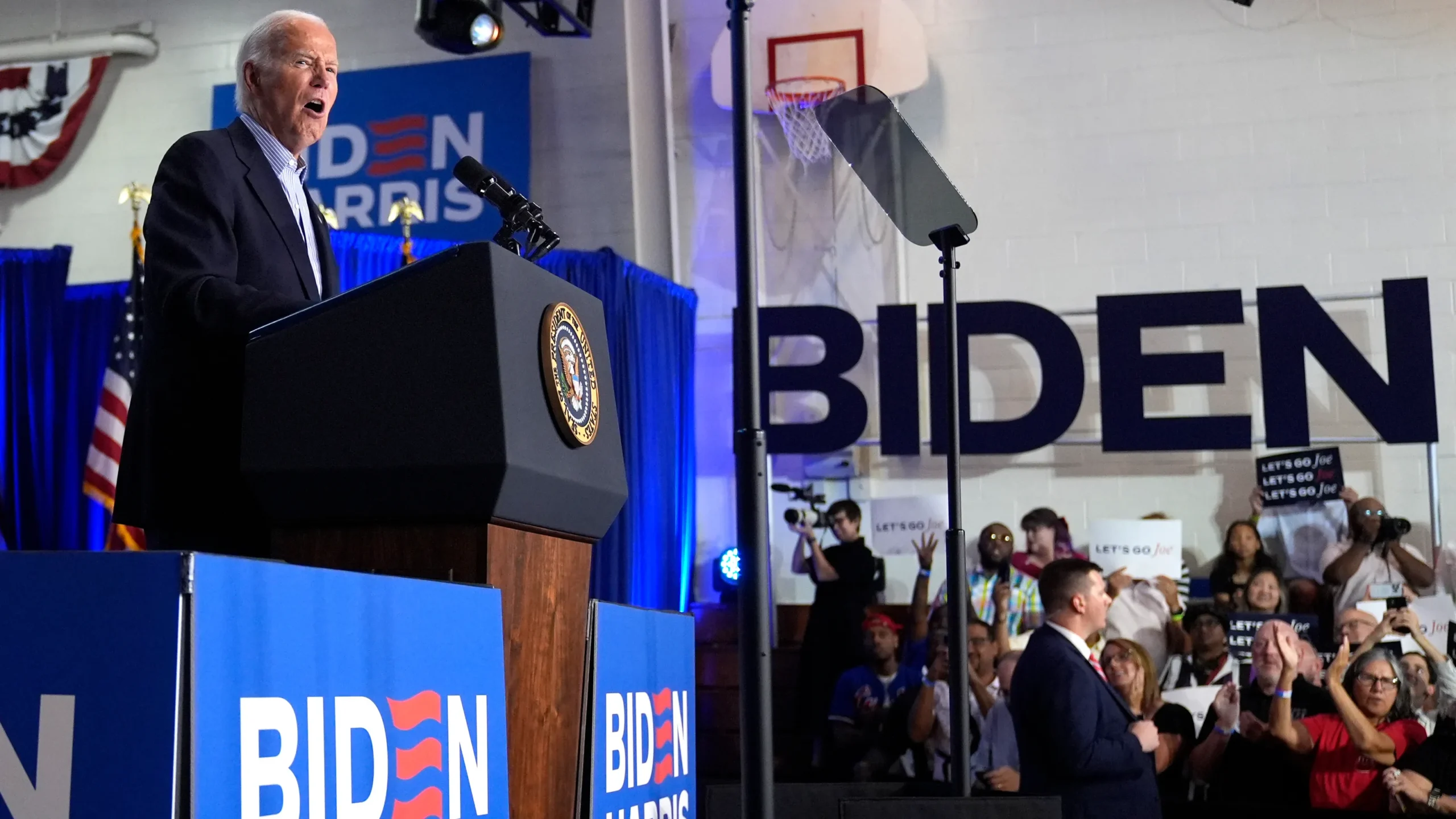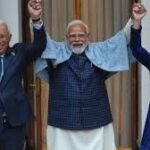donors rises pressure to change Biden;s candidature for U.S. Presidential elections. The possibility of donors compelling a change in the Democratic candidate for the U.S. presidential elections hinges on several factors. Donors play a significant role in political campaigns through their financial contributions. These funds are crucial for advertising, organizing events, and other campaign activities. When a candidate fails to gain traction or faces significant challenges, donors might reconsider their support. They could pressure the party to switch candidates if they believe another candidate would have a better chance of winning. This pressure can manifest in various ways, such as threatening to withdraw financial support or publicly endorsing another candidate.
However, the Democratic Party has established procedures for selecting its presidential nominee. The primary elections and caucuses, followed by the Democratic National Convention, are designed to reflect the will of the party’s voters. While donor influence is substantial, it cannot directly override the outcomes of these democratic processes. If a candidate has secured a significant number of delegates and voter support, changing the candidate becomes more challenging. The party’s leadership and delegates would need to agree on such a move, which could be controversial and divisive.
Political dynamics within the party also play a role. Different factions may have varying opinions on whether a change is necessary. Progressive and moderate wings of the party might disagree on the best course of action. This internal conflict can complicate efforts to change the candidate, as consensus is harder to achieve. Furthermore, a candidate’s commitment to the race can impact the likelihood of change. A candidate with strong support from their base and a firm stance on key issues may resist pressure to step aside. This resistance can make it difficult for donors to effect change, even if they are influential.
Media coverage and public perception are also crucial. If the media highlights donor pressure as a negative influence, it could backfire, leading to public backlash. Voters might perceive the party as undemocratic or overly influenced by wealthy donors, harming the party’s image. Additionally, changing a candidate late in the race can create logistical challenges. A new candidate would need to quickly build name recognition, establish campaign infrastructure, and address the issues that led to the initial candidate’s challenges. This transition requires time and resources, which may not be feasible close to the election.
Historical precedents show that changing a presidential candidate is rare and typically occurs under extraordinary circumstances. Most changes have happened due to health issues or significant scandals. In the absence of such factors, the party tends to stick with the selected candidate to maintain stability and unity. However, political landscapes can shift rapidly. Unexpected events, such as a major scandal, economic downturn, or foreign policy crisis, could alter the race dynamics. In such cases, donor pressure might align with a broader consensus within the party for a change.
Ultimately, while donors have substantial influence, their ability to compel a change in the Democratic presidential candidate is limited by democratic processes, internal party dynamics, and public perception. The primary elections and caucuses play a decisive role in determining the nominee. Any attempt to change the candidate would require broad support from party leaders, delegates, and voters. This process ensures that the candidate reflects the collective will of the party’s base rather than the preferences of a few influential donors.
In conclusion, donors can exert pressure and influence discussions within the party. However, their ability to compel a change in the Democratic presidential candidate is constrained by several factors. The party’s democratic processes, internal dynamics, public perception, and logistical challenges all play a role in maintaining the stability and integrity of the candidate selection process. While donor influence is significant, it is not the sole determinant in deciding the party’s nominee for the presidential elections.
4o





Leave a Reply